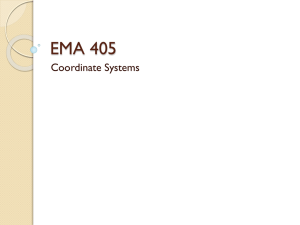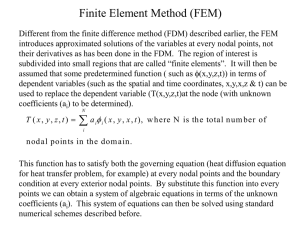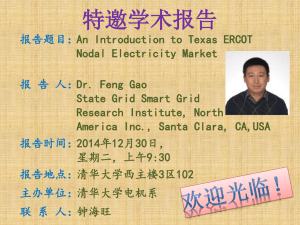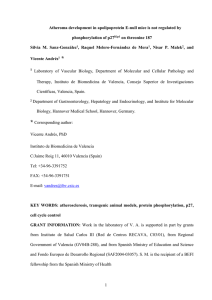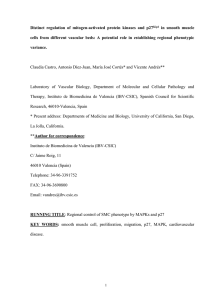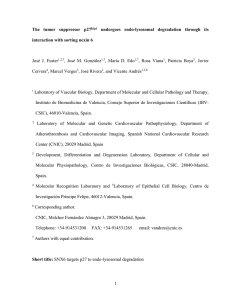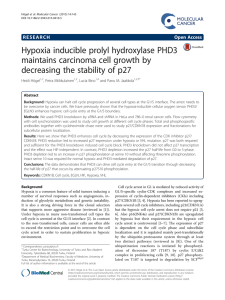Nadeem, Chun, Peng
advertisement
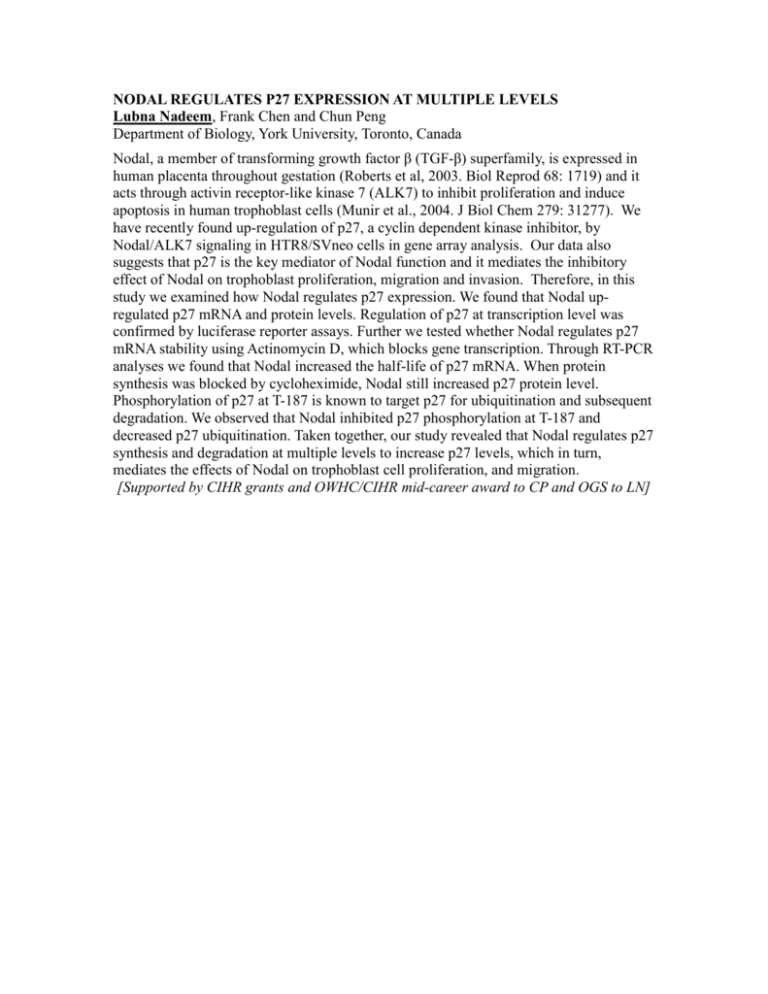
NODAL REGULATES P27 EXPRESSION AT MULTIPLE LEVELS Lubna Nadeem, Frank Chen and Chun Peng Department of Biology, York University, Toronto, Canada Nodal, a member of transforming growth factor β (TGF-β) superfamily, is expressed in human placenta throughout gestation (Roberts et al, 2003. Biol Reprod 68: 1719) and it acts through activin receptor-like kinase 7 (ALK7) to inhibit proliferation and induce apoptosis in human trophoblast cells (Munir et al., 2004. J Biol Chem 279: 31277). We have recently found up-regulation of p27, a cyclin dependent kinase inhibitor, by Nodal/ALK7 signaling in HTR8/SVneo cells in gene array analysis. Our data also suggests that p27 is the key mediator of Nodal function and it mediates the inhibitory effect of Nodal on trophoblast proliferation, migration and invasion. Therefore, in this study we examined how Nodal regulates p27 expression. We found that Nodal upregulated p27 mRNA and protein levels. Regulation of p27 at transcription level was confirmed by luciferase reporter assays. Further we tested whether Nodal regulates p27 mRNA stability using Actinomycin D, which blocks gene transcription. Through RT-PCR analyses we found that Nodal increased the half-life of p27 mRNA. When protein synthesis was blocked by cycloheximide, Nodal still increased p27 protein level. Phosphorylation of p27 at T-187 is known to target p27 for ubiquitination and subsequent degradation. We observed that Nodal inhibited p27 phosphorylation at T-187 and decreased p27 ubiquitination. Taken together, our study revealed that Nodal regulates p27 synthesis and degradation at multiple levels to increase p27 levels, which in turn, mediates the effects of Nodal on trophoblast cell proliferation, and migration. [Supported by CIHR grants and OWHC/CIHR mid-career award to CP and OGS to LN]


